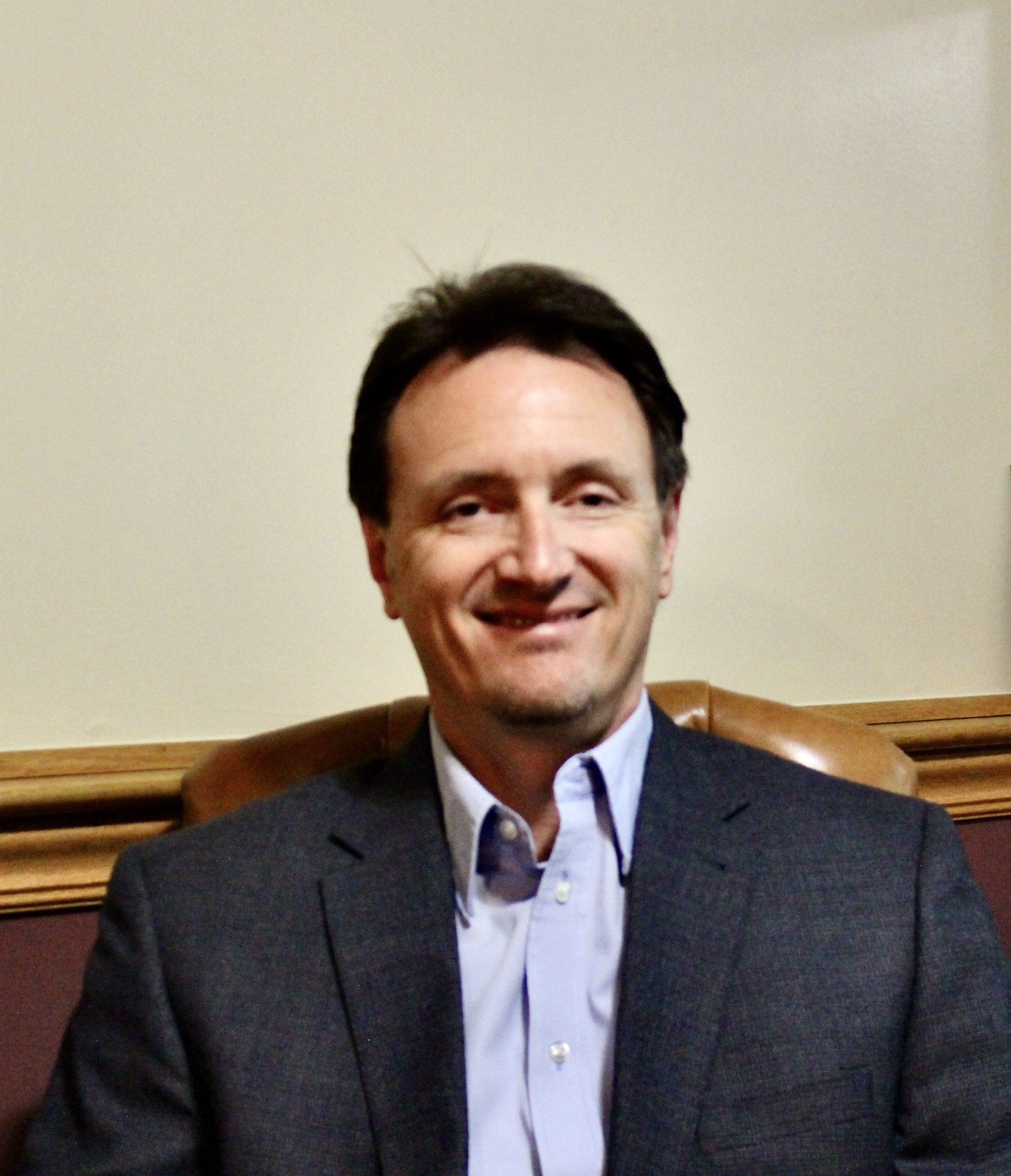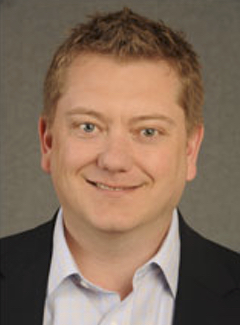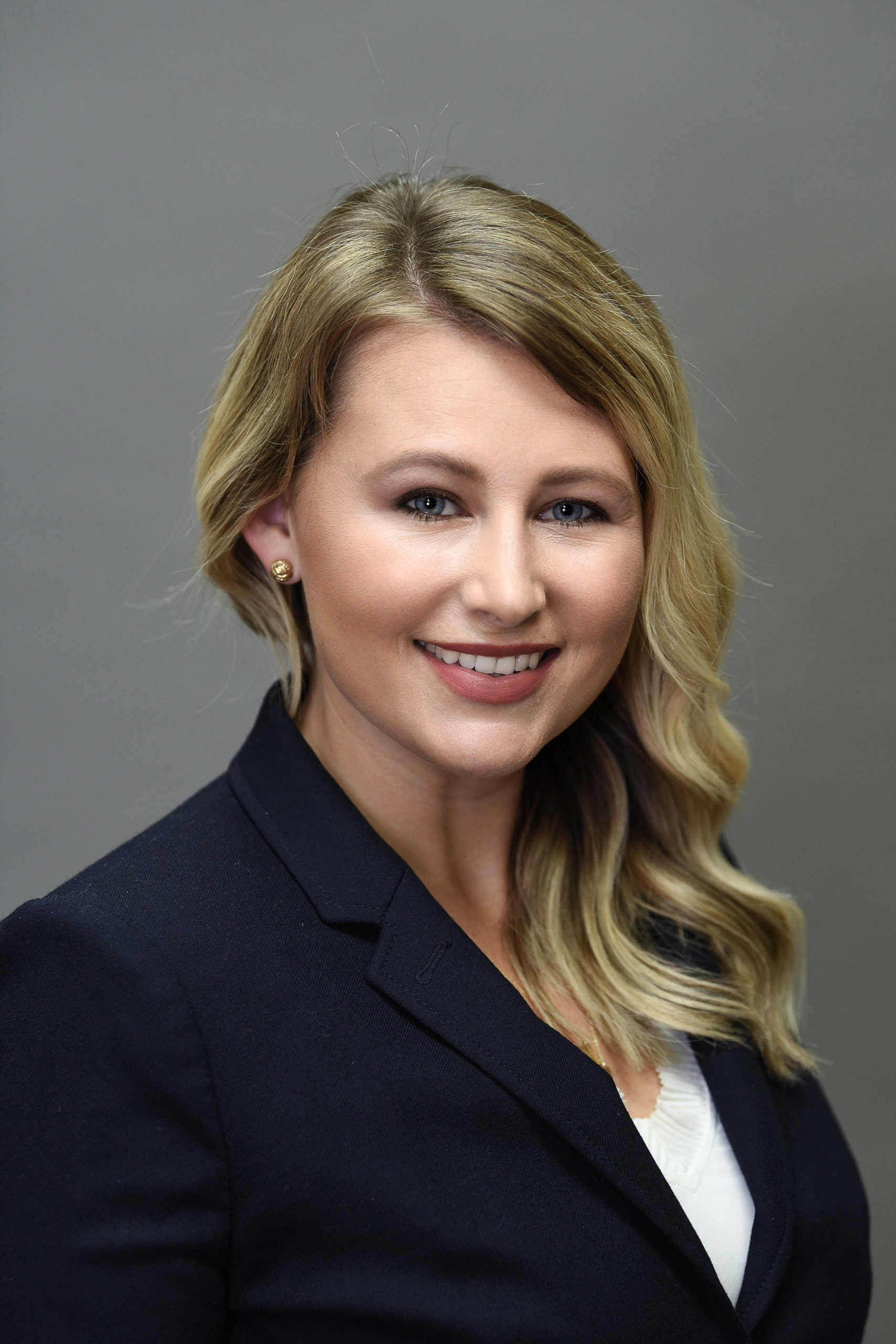Dr. Bailey is a neuropsychologist and Professor of Neurology at the Case Western Reserve University School of Medicine. He also serves as the Director of the Neuropsychology Section of the Neurological Institute at University Hospitals in Cleveland as well as Director of the UH Concussion Management Program and Director of the Adult Neuropsychology Post-Doctoral Fellowship Program at UH Cleveland Medical Center. He completed his graduate training at Penn State University before completing an internship in neuropsychology at the University of North Carolina School of Medicine and serving as the chief fellow in neuropsychology at the University of Virginia School of Medicine. Dr. Bailey is a fellow of the National Academy of Neuropsychology and the Sports Neuropsychology Society.
At University Hospitals in Cleveland, Dr. Bailey has worked collaboratively with multiple departments and specialties to update, integrate, and standardize concussion management services across a large hospital system, including developing a network of multidisciplinary concussion specialists with the goal of improving concussion identification and management on and off the sports field. Clinically, he has assisted in the neuropsychological management of concussion in all contexts, including work at all levels of sport. His current clinical roles include being the neuropsychological consultant to the Cleveland Browns, the Cleveland Monsters, as well as assisting in the management of sports concussion at multiple colleges/universities, high schools, and youth sport organizations in northeast Ohio. Dr. Bailey also assists in clinical management of a wide variety of neurological conditions, including patients considering DBS or epilepsy surgery as well as patients with memory disorders. He regularly makes invited addresses and is the principle investigator on several research projects focused on brain health, primarily through advancing our understanding of how to facilitate clinical recovery following concussion through both improved methodology in identification of the injury as well as through a better understanding of the effectiveness of clinical interventions following concussion.









